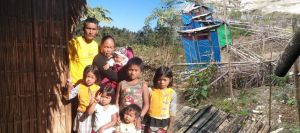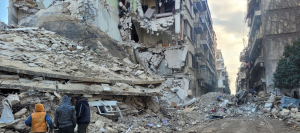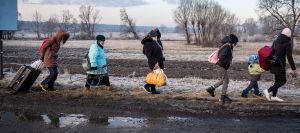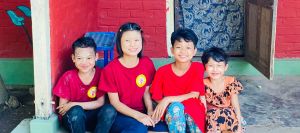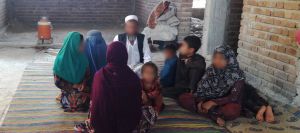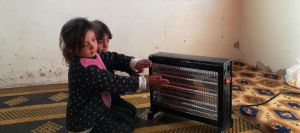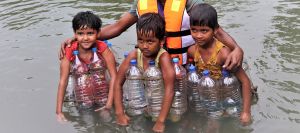
PARIBARTAN – Climate change adaptation and transforming gender relationships in Patuakhali district, Bangladesh
Project Name PARIBARTAN – Climate change adaptation and transforming gender relationships in Patuakhali district, Bangladesh Project Location Bangladesh Project Natures Humanitarian Relief and Disaster Risk Reduction Livelihood Development Project Objectives Empowering communities to enhance their ability to resist disaster risks and climate change. Reducing gender-based violence and promoting gender equality through the practice of the Transforming Masculinities approach. Promoting climate-adaptive agricultural techniques and training to increase livelihood options. Beneficiaries Community members in 123 villages in the Kalapara region, including members of minority religious groups within the most vulnerable groups (such as farmers, fishermen, temporary workers, children, victims and survivors of gender-based violence, and people with disabilities) No. of Beneficiaries 3,815 Key Activities With the support of the local


